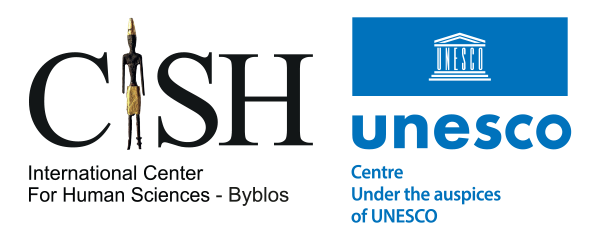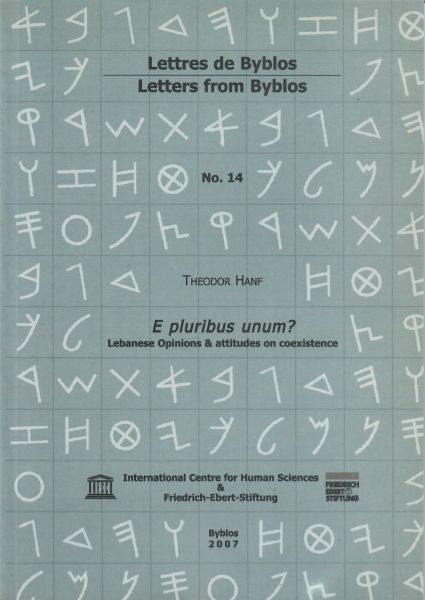Representative surveys during the war and civil war-in 1982,1984,1986 and 1987- showed the clear desire of all Lebanese, regardless of religious community, to live together peacefully in the same country. In the midst war the most hopeful consequence of precisely this phenomenon was the emergence of a nation.
Twelve years after the end of the war, Lebanon was firmly under Syrians control. Despite, or because of, this a survey in 2002 confirmed the earlier findings. The Lebanese accepted themselves as they are: different from, but dependent on one another. For them coexistence is not only possible, but enriching- a sceptical nation, but a nation.
Has this changed since the withdrawal of the Syrian Army? An empirical survey of the economically active population conducted in early 2006, a few months before the Israeli war against Hezbollah, sought to explore this question. The survey was carried out using the proven questionnaire of the earlier investigations and a random sample (N=2016) broken down into regional quotas. Owing to deficiencies in the country’s social and economic statistics, the regional quotas- and consequently the proportions by membership of the different religious communities- cannot be accepted as mirroring reality beyond all doubt. For the purposes of this study, it is not necessary to discuss the different demographic hypotheses, which in Lebanon are subject of exquisite- politically biased- exegesis. For the purposes of our investigation it is adequate to compare with sufficient statistical accuracy the attitudes and opinions of respondents from various strata, regions and occupations on the one hand and various religious communities on the other.

